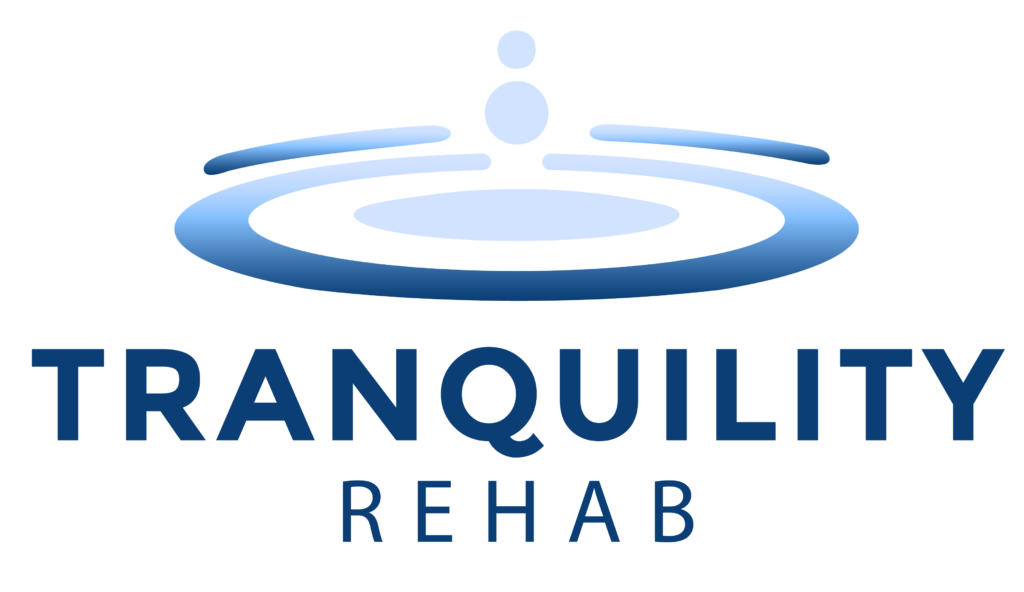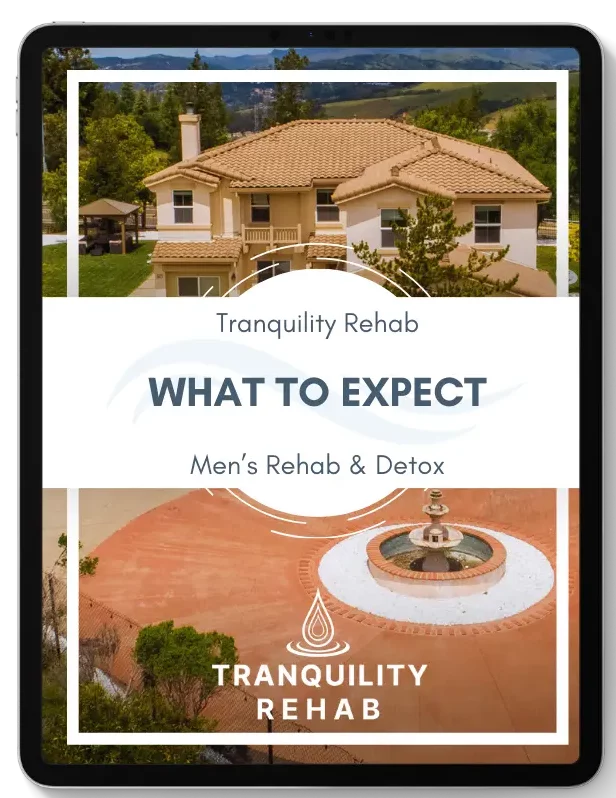SMART Recovery is a widely recognized alternative to traditional 12-step programs like Alcoholics Anonymous (AA) and Narcotics Anonymous (NA). It is based on scientific principles and provides a secular, self-empowering approach to recovery. One of the most common questions people have when considering SMART Recovery is whether it believes addiction is a disease, as many traditional recovery programs view addiction through that lens.
In this blog post, we’ll explore SMART Recovery’s perspective on addiction, its philosophy, and how it approaches recovery. We will also discuss the key differences between SMART Recovery’s viewpoint and the disease model of addiction. By the end, you’ll have a better understanding of SMART Recovery’s unique approach and how it might help someone who is looking for an alternative to more traditional models.
The Disease Model of Addiction
To understand SMART Recovery’s stance, it’s important first to clarify what the disease model of addiction entails. The disease model is the belief that addiction is a chronic, progressive disease that alters the brain’s structure and function. This view is rooted in medical research that suggests addiction is a result of genetic, neurological, and environmental factors.
According to the disease model, once someone is addicted to a substance or behavior, they are often considered to have a lifelong illness that can only be managed, not cured. This model is supported by organizations like the National Institute on Drug Abuse (NIDA) and is the foundation for many 12-step programs, which view sobriety as a constant battle where recovery requires ongoing support, accountability, and sometimes even lifelong abstinence.
SMART Recovery’s Approach to Addiction
SMART Recovery takes a different approach to addiction. While it acknowledges that addiction can have serious physical, emotional, and psychological consequences, it does not offer a position on whether addiction is a disease. SMART Recovery emphasizes the role of choice, self-management, and personal responsibility in overcoming addiction.
SMART Recovery focuses on helping individuals understand and change their behaviors, thoughts, and emotions related to addiction. It teaches participants tools to manage cravings, address underlying emotional issues, and make healthier decisions. The foundation of SMART Recovery is based on cognitive-behavioral therapy (CBT) principles, which focus on understanding how our thoughts influence our behaviors and how we can change negative patterns to create lasting, positive outcomes.
Key Principles of SMART Recovery
SMART Recovery is based on a 4-Point Program that provides a practical, structured approach to recovery:
- Building Motivation: Participants learn how to recognize their reasons for staying sober, overcome ambivalence, and build motivation for long-term recovery. This involves understanding personal goals and how addiction is interfering with those goals.
- Coping with Urges: SMART Recovery teaches skills for managing cravings and urges without resorting to addictive behavior. It offers practical strategies for dealing with triggers and emotional stress, helping participants make more mindful choices.
- Managing Thoughts, Feelings, and Behaviors: Through cognitive-behavioral techniques, SMART Recovery helps individuals identify and change the negative thought patterns and behaviors that fuel addiction. It emphasizes that by altering how we think and feel, we can ultimately change our actions.
- Living a Balanced Life: SMART Recovery promotes a balanced, healthy lifestyle that encourages participants to engage in activities that support their recovery, such as regular exercise, healthy eating, and positive social interactions.
Does SMART Recovery Believe Addiction is a Disease?
SMART Recovery sees addiction primarily as a maladaptive behavior that can be changed through learning new coping mechanisms and adopting healthier thought patterns. This doesn’t mean that addiction doesn’t have serious consequences or that it doesn’t require help, but it suggests that people can regain control of their lives by addressing the root causes of their addictive behaviors.
SMART Recovery believes that addiction is not a life sentence and that recovery is possible by empowering individuals to take responsibility for their actions and choices. While traditional disease models often emphasize powerlessness, SMART Recovery advocates for a more self-empowered approach—helping people understand that they have the ability to change and create new habits that support a healthy, addiction-free life.
The Focus on Self-Empowerment
One of the core tenets of SMART Recovery is self-empowerment. SMART Recovery encourages participants to see themselves as capable of change. This perspective helps individuals regain confidence and develop a sense of control over their recovery process. Rather than focusing on external support or intervention, SMART Recovery emphasizes internal motivation and personal responsibility.
For people who have struggled with addiction, especially those who may feel discouraged by the disease model’s emphasis on chronic illness and powerlessness, SMART Recovery’s approach can be an empowering alternative.
Get Support with Tranquility Rehab
If you or someone you care about is struggling with addiction and is looking for the right recovery program, Tranquility Rehab is here to help. Our team offers a variety of treatment approaches, including evidence-based therapies like cognitive-behavioral therapy (CBT), motivational interviewing, and personalized counseling to help individuals reclaim their lives from addiction.
Whether you resonate with the SMART Recovery approach or prefer a more traditional model of recovery, Tranquility Rehab can tailor a treatment plan to suit your needs. Reach out today to learn more about our comprehensive treatment programs and how we can help you or your loved one take the first step toward lasting recovery. Let us help you achieve the freedom you deserve—contact Tranquility Rehab now and begin your journey to a healthier, sober life.


